As Bloomberg reported, the American draft calls on all countries to “prevent the direct or indirect supply, sale or transfer” of weapons to and from the Islamic Republic unless a Security Council committee approves it at least 30 days in advance on a case-by-case basis.
The Security Council is set to begin negotiations on the resolution Wednesday, diplomats said.
The expiration of the arms embargo theoretically would let Iran move ahead with purchases of conventional weapons from Russia and China. The US proposal Monday came after Russia and China, two veto-wielding members of the council, have already said they won’t support extending the embargo because they blame President Donald Trump for exiting the nuclear accord unilaterally.
The issue takes on added political emphasis for Trump, with the October expiration coming just weeks before the US presidential election.
Diplomats expect a clash at the council over the next few months because the US is threatening that it will invoke a “snapback” provision in the 2015 deal if it doesn’t get its way, which would re-impose all UN sanctions against Tehran.
In a meeting on June 19, the Board of Governors of the International Atomic Energy Agency passed a controversial resolution to push for intrusive inspections of two nuclear sites in Iran.
The board urged Iran to fully cooperate with the Agency and satisfy the Agency’s requests without any further delay, including by providing prompt access to the locations specified by the Agency.
Iran believes that the IAEA Board of Governors has referred and given credence to the information obtained by espionage activities or to the claims raised by inauthentic sources, i.e. the US and the Zionist regime, to adopt the recent resolution against Iran.
In an interview with the Mehr news, Nader Entessar, Professor Emeritus of Political Science from the University of South Alabama, said "The US and E3 have always cooperated with each other in their Iran policies and the passage of the recent IAEA resolution was very much along these lines. Also, the US was successful in gaining the support of a number of regional and Arab countries as well as some other countries of the Global South that voted for the recent IAEA resolution against Iran."
HJ/4956396


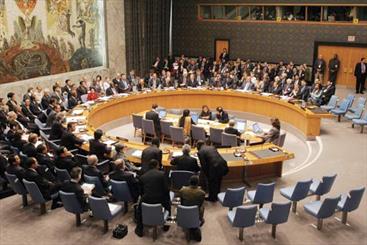
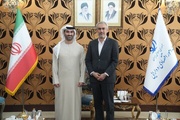
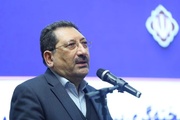
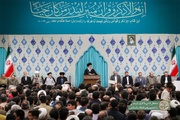
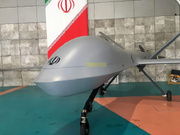
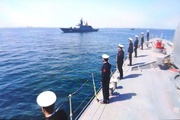
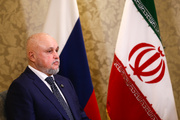













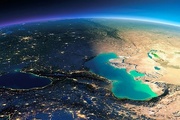

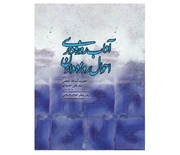

Your Comment